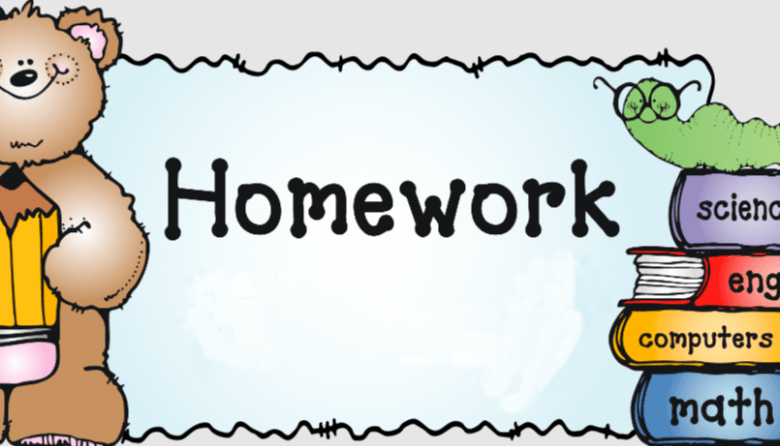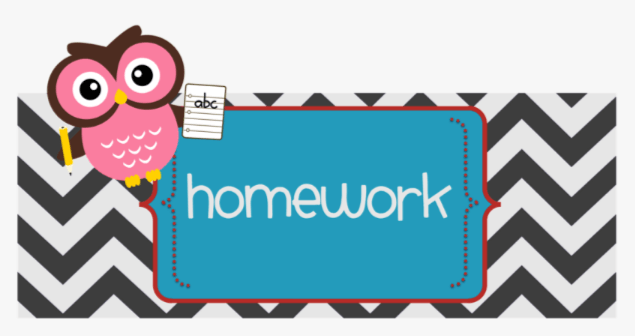Clipart:Djx0e6ir5d0= Homework

The integration of Clipart:Djx0e6ir5d0= Homework projects represents a transformative approach to academic assignments, enhancing both visual appeal and communicative effectiveness. By leveraging diverse visual elements, students can not only express their creativity but also deepen their engagement with the subject matter. This practice prompts a reevaluation of traditional educational methods and raises questions about the balance between aesthetics and content. As we explore the multifaceted benefits of clipart in various types of homework, it becomes essential to consider how these visuals can reshape student narratives and learning outcomes. What implications might this have for future educational practices?
Benefits of Using Clipart
In the realm of visual communication, the integration of clipart serves as a powerful tool for enhancing presentations and educational materials.
Its ability to boost visual appeal fosters creative expression, while promoting educational engagement.
Clipart offers time efficiency, allowing for quick project enhancement and design flexibility.
This adaptability empowers users to craft compelling visuals that resonate with diverse audiences, encouraging a sense of freedom in expression.
Types of Homework Projects
Homework projects encompass a diverse range of formats, each designed to stimulate learning and foster critical thinking.
From creative projects that unleash artistic expression to collaborative group assignments, students engage in hands-on activities that deepen understanding.
Digital presentations make technology a tool for exploration, while research papers encourage in-depth inquiry, nurturing a love for knowledge and independence in the learning process.
Read Also Clipart:84kexvie_4c= Lemons

Tips for Incorporating Visuals
Visuals can transform standard homework projects into engaging learning experiences, capturing students’ attention and enhancing comprehension.
Emphasize visual storytelling by using images that complement your narrative. Incorporate design principles such as balance, contrast, and alignment to create visually appealing layouts.
Encourage creativity—let students experiment with colors and formats, fostering a sense of freedom that inspires deeper connections to the material.
Resources for Finding Clipart
Finding the right clipart can elevate any project, providing the visual elements that enhance storytelling and comprehension.
Explore diverse clipart sources, including free repositories and premium collections, to find images that resonate with your message.
Always consider copyright considerations, ensuring you respect usage rights and licenses.
With thoughtful selection, clipart can transform your work into a vibrant, engaging experience that captivates your audience.
Conclusion
In a landscape where traditional Clipart:Djx0e6ir5d0= Homework often blend into monotony, clipart emerges as a vibrant brushstroke, infusing color and life into educational projects. The juxtaposition of text and visuals creates a dynamic dialogue that captivates and informs, transforming the mundane into the extraordinary. As students embrace the power of visual storytelling, homework evolves from a mere task into an engaging experience, fostering creativity and deeper understanding. Thus, clipart serves not only as decoration but as a catalyst for academic brilliance.




